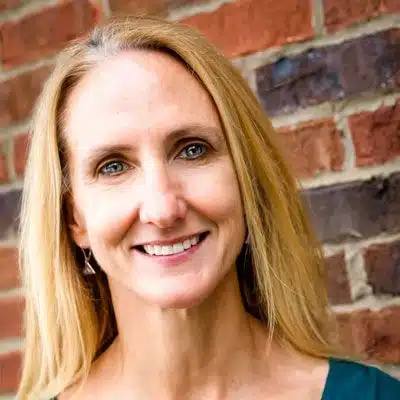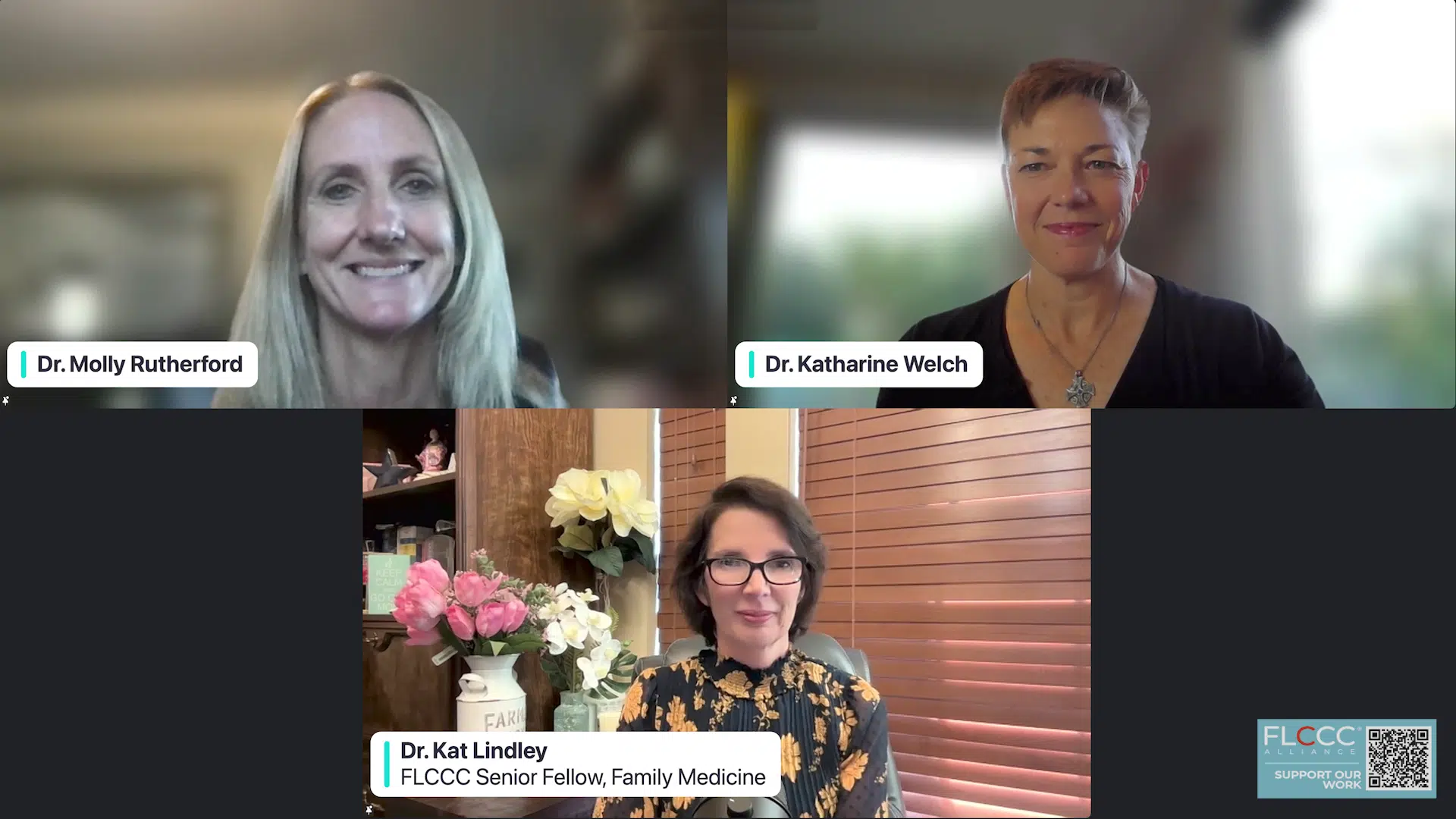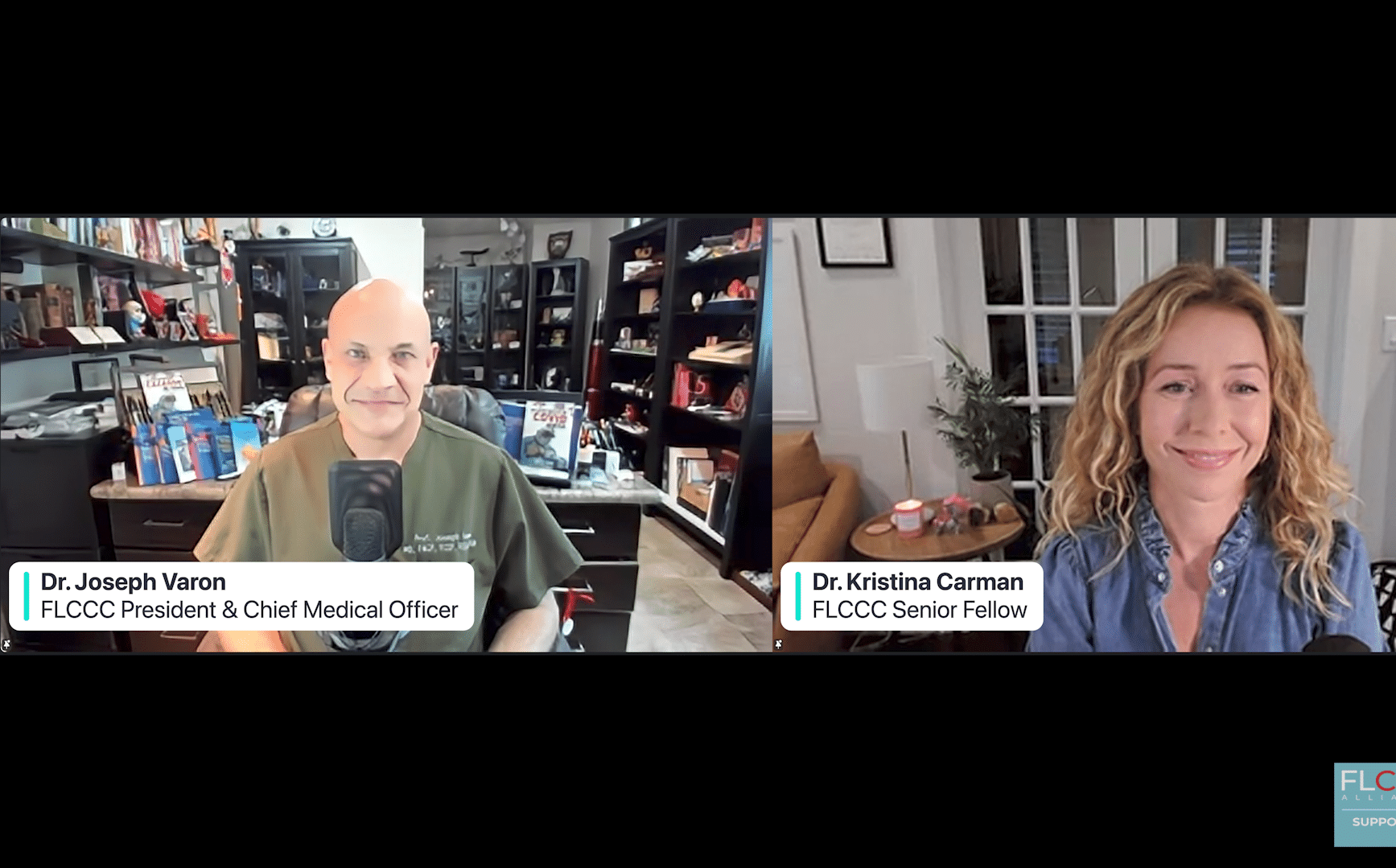Crowded ERs, rushed appointments, and endless paperwork—are patients truly receiving the care they need in today’s fast-food approach to healthcare? Are doctors finding fulfillment in their work? There has to be a better way—and there is! Watch "The Importance of Independent… pic.twitter.com/ThWaokGKbd
— FLCCC Alliance (@Honest_Medicine) October 3, 2024
Speakers: Dr. Katarina Lindley, Dr. Molly Rutherford, Dr. Katherine Welch
Crowded ER’s. Rushed appointments. Endless paperwork. Who’s actually happy with the fast-food healthcare system? Are doctors feeling fulfilled when they can’t spend quality time with their patients? How about patients—are they getting the personalized care they deserve?
There has to be a better way. According to the success stories of three dedicated physicians, independent medical practices might just be the solution we’ve been after.
When done right, these practices play a crucial role in delivering personalized, high-quality care to patients. Physicians like Dr. Kat Lindley, Dr. Molly Rutherford, and Dr. Katherine Welch have embraced independent practice models to better serve their communities. These independent physicians offer flexibility, affordability, and stronger doctor-patient relationships.
Meet the Independent Doctors
Dr. Kat Lindley
Dr. Kat Lindley is a family physician based in Texas who transitioned to independent medical practice in 2017. As a Senior Fellow and Program Director of the Fellowship Program, she is passionate about direct primary care and patient advocacy.
Frustrated with the limitations of the traditional health care system and larger health systems, Dr. Lindley took a leap into private practice when she opened Lindley Medical:
“I opened my practice in 2017, and I think that’s the best decision I ever made. It’s kind of given me a chance to return back to what I loved the most, which was working directly with the patients and becoming an advocate for my patients.”
Her independent medical practice focuses on direct primary care, allowing her to build personal relationships with patients without the constraints of third-party payers like Medicare. As an independent physician, she can make decisions that directly impact patient care, enhancing the quality of care delivered.
Dr. Molly Rutherford
Dr. Molly Rutherford is a family physician and addiction specialist based in Kentucky. She holds a Master’s in Public Health from Johns Hopkins University, where she studied epidemiology and health policy. In 2015, she founded Bluegrass Family Wellness, a direct primary care practice that allows her to focus on individualized care and practice medicine on her own terms.
After witnessing the administrative burdens imposed by the Affordable Care Act and the challenges within larger health systems, Dr. Rutherford sought an alternative:
“I was reaching a burnout point where I was working so hard, I didn’t have time with my own kids, and at the same time, it didn’t feel like I was really helping anyone.”
By eliminating third-party payers and reducing overhead costs, she increased physician satisfaction and could offer services at a lower fee schedule. This makes healthcare more accessible and affordable, especially for patients facing high costs within the traditional healthcare industry.
Dr. Katherine Welch
Dr. Katherine Welch is a pediatrician with a remarkable history of serving refugees, orphans, trafficking survivors, and other marginalized people across Asia and Europe. A graduate of Indiana University School of Medicine, she completed her pediatric internship and residency at the University of Alabama-Birmingham. After 22 years abroad, she relocated to Indiana to continue her work at the intersection of health and justice.
Dr. Welch recently launched her solo direct primary care practice, ImagoDei Restorative Health, several months ago. She absolutely loves the freedom she has to practice medicine independently, as well as the time to continue her counter-trafficking work.
Her independent practice offers unique services like home visits for newborns:
“I do newborn home visits… it’s really a joy to be able to visit. Also, it’s quite interesting as a doctor—you see their environment and how it’s going.”
Operating outside the conventional health system, she provides individualized care that enhances the quality of patient care. By keeping her practice running independently, she can focus on underserved populations, offering the care they need without the constraints of larger healthcare organizations.
Benefits of Independent Medical Practice
Many of us, both doctors and patients, may be wondering if it’s worth making the switch to independent medical practice. Here are four reasons to consider physician-owned practices. As you’ll see, each of these is a win-win for doctors and patients alike.
- Personalized Care and Physician Satisfaction
- Cost-Effective Healthcare Delivery
- Flexibility and Better Outcomes
- Navigating Challenges During COVID-19
1. Personalized Care and Physician Satisfaction
Independent practices allow physicians to provide high-quality, individualized care tailored to each patient’s needs. Without the constraints of corporate entities and reimbursement pressures from Medicare and insurance companies, doctors can focus on practicing medicine rather than administrative tasks. This flexibility contributes to reducing physician burnout and increasing physician satisfaction.
Dr. Rutherford noted, “There’s freedom on both sides. There’s freedom for doctors; there’s freedom for patients.”
2. Cost-Effective Healthcare Delivery
By cutting out third-party payers and negotiating directly with labs and imaging centers, independent providers can offer services at reduced costs. Dr. Rutherford shared:
“There’s so much markup in the medication by the time a patient picks up their prescription.”
Patients benefit from lower costs for medications, labs, and imaging studies, making healthcare more accessible. This is especially beneficial for those with high-deductible insurance plans or no insurance at all, addressing a critical issue in today’s healthcare system.
3. Flexibility and Better Outcomes
Physicians in independent practices have the flexibility to choose their practice settings and specialty focus. This autonomy leads to better care quality and patient outcomes, addressing issues prevalent in larger health systems.
Dr. Welch emphasized, “I’m just enjoying being with patients and taking time with them.”
Independent practices can adapt quickly to patient needs, offering personalized care that might not be feasible in larger health systems constrained by standardized protocols.
4. Navigating Challenges During COVID-19
Independent physicians have demonstrated resilience during the COVID-19 pandemic. Dr. Rutherford highlighted how being independent allowed her to continue providing care without the restrictions faced by hospital-employed physicians:
“During the pandemic, I was able to prescribe off-label medications and dispense directly to my patients, which is extremely important.”
This ability to adapt ensured patients received the care they needed, despite challenges in the broader healthcare system. Independent practices were not bound by policies that limited the use of certain treatments, allowing physicians to provide better care during the COVID-19 pandemic.
READ: 5 Reasons to Change Your Doctor (And How to Do It)
Common Questions: Independent Providers
As doctors and patients, you may be ready for a change. But you’ll likely have questions!
- What Is an Independent Practice Doctor?
- Is It Worth Going Into Private Practice?
- What Are the Drawbacks of Private Practice?
- Are Doctors in Private Practice Happier?
- Why Are Doctors Leaving Private Practice?
What Is an Independent Practice Doctor?
An independent practice doctor operates outside of large health systems or hospital-employed models. They own their medical practice, allowing them to make decisions that directly impact patient care and practice operations. They are not bound by the policies of larger health organizations or corporate entities, providing more personalized care.
Is It Worth Going Into Private Practice?
For many physicians, private practice offers increased autonomy, potential for higher physician satisfaction, and the ability to provide personalized care. However, it requires careful consideration of practice management, financial responsibilities, and staffing.
Dr. Welch advised, “Surround yourself with really good people who know what they’re doing for the business, who believe in you.”
Physicians must handle aspects like credentialing, reimbursement, and electronic health records independently, which can be challenging but also rewarding.
What Are the Drawbacks of Private Practice?
Running a private practice comes with its share of challenges, including administrative responsibilities, financial risks, and the need to manage staff and resources without the backing of larger organizations. Physicians must navigate payer contracts, Medicare reimbursement rates, and potential cuts to physician reimbursement. The Centers for Medicare and Medicaid Services often impose regulations that can be burdensome for independent practices.
Are Doctors in Private Practice Happier?
Many independent physicians report higher levels of satisfaction due to increased control over their work environment and patient care. The ability to provide individualized care and maintain work-life balance contributes to better physician satisfaction.
Dr. Lindley shared, “It’s given me a chance to return back to what I loved the most.”
Why Are Doctors Leaving Private Practice?
Some doctors sell their practices to larger health systems or private equity firms due to administrative burdens, financial pressures, and the appeal of resources provided by hospital-employed positions. However, this can lead to decreased autonomy and potential conflicts with corporate policies.
Dr. Rutherford observed, “There’s a chart… it shows the growth of the number of administrators over the last… decades… the number of physicians has remained pretty flat.”
The consolidation within the healthcare industry often pressures independent doctors to join larger entities, impacting the diversity of healthcare delivery models.
How Can We Ensure the Future of Independent Practices?
The best way to make sure independent practice has a bright future? Join one!
By choosing independent physicians and advocating for healthcare policies that promote practice ownership, they can help reduce consolidation within the healthcare industry. This ensures a more diverse and effective healthcare system where patients have access to individualized care.
If you are a patient looking for an independent medical practice in your area, here are three great resources to help you find them:
- FLCCC Provider Database: Our provider database has many independent practitioners in various specialties.
- DPC Frontier: Contains over 1300 Direct Primary Care (DPC) practices across 48 states.
- MAPS Clinician Directory: Searchable database of healthcare professionals trained in the Medical Academy of Pediatric & Special Needs (MAPS) CME programs.
The good news is that legislative support could soon be on the horizon. Dr. Lindley highlighted policy efforts focused on expanding Health Savings Accounts (HSAs) and facilitating small business loans for physicians:
“There are several bills actually—even currently by Chip Roy—where they’re trying to expand HSA accounts… The best way would be for future administration to actually offer small business loans for physicians or residents who are interested in independent practice of medicine.”
Building a Better Healthcare Future Together
Independent medical practices play an essential role in today’s healthcare industry by offering personalized, cost-effective, and high-quality care. Physicians like Dr. Kat Lindley, Dr. Molly Rutherford, and Dr. Katherine Welch exemplify how independent practices can enhance patient care while providing professional satisfaction.
If this webinar resonated with you, there are several ways you can support FLCCC’s ongoing research and advocacy:
- Join Our Forums: Connect with a community, stay updated, and contribute to important discussions—all for free.
- Subscribe to Our Newsletter: Receive the latest health and wellness news straight to your inbox.
- Check Out Our Shop: Show your support with FLCCC-branded gear and accessories.
- Follow Us on Substack: Access exclusive articles and stay informed with our latest updates.
- Donate to Our Mission: Your participation helps us continue driving positive change in healthcare.









